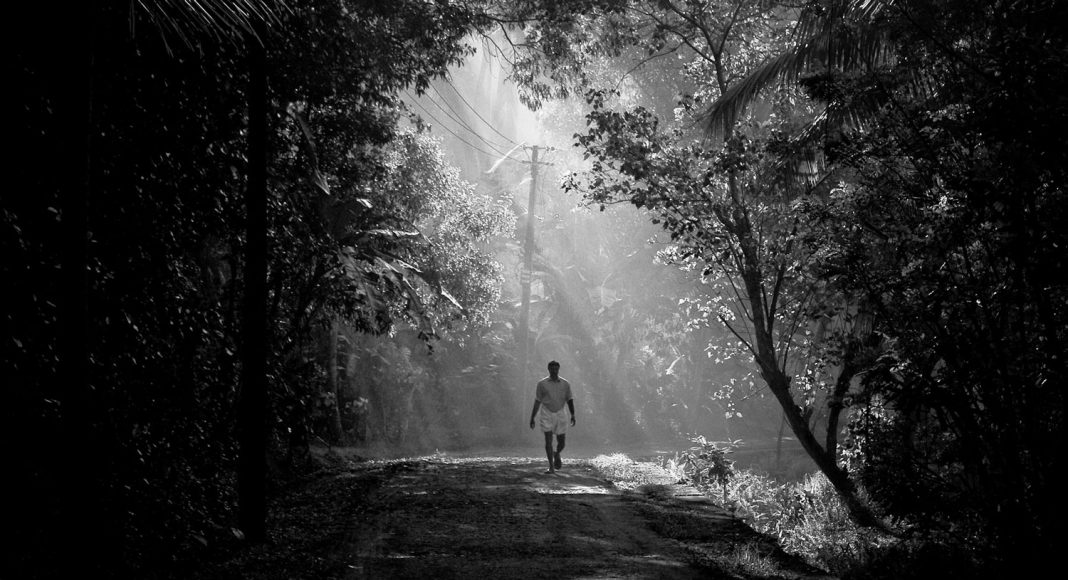There was a disappointment in the medical cannabis community when, in August, the DEA refused to relax its classification marijuana. But for all the laments about the bureaucratic hurdles to cannabis research, it is nevertheless a quickly moving field.
Nowhere is that pace more apparent than in PTSD research (which is probably a sad commentary on the amount of fear and trauma in our world.) As we’ve already reported, the University of Colorado has conducted the first controlled, clinical trial of whole-plant on PTSD. This follows nearly a decade of work in this area.
In this context, the September print issue of Neuropsychopharmacology includes a exhaustively documented debate on the state of research on cannabis and PTSD, which is cheekily subtitled “An Oversimplified Debate Discussed.”
Here’s our re-oversimplified take:
PRO
- Cannabis reduces the symptoms of PTSD. Studies have shown that THC reduces fear response and nightmares while improving sleep and overall sense of well being in PTSD patients.
- Cannabis doesn’t merely sedate; it changes the way the brain works. CB1 receptors are densely present in the amygdala-hippocampal-cortico-striatal circuits (but you can call them the fear centers of the brain). The brains of patients with PTSD ramp up the fear response and suppress the rational bits that keep us from acting impulsively and doing stupid stuff. Cannabinoids rebalance that condition. They may not make us any wiser, but they do neurologically mellow us out.
- Cannabis inhibits the formation of fear-induced habits. Events like loud noises can trigger PTSD episode, even when no danger is present. Breaking the connection between a traumatic event and associated circumstances is called “fear extinction”—it’s a sort of reverse Pavlov’s dog effect, where we never confuse the ringing bell with a dish of food. But for PTSD replace “a dish of food” with “a buddy getting blown up.” Both mouse and human studies have shown that THC plays an important role in fear extinction.
CON
- Thin Evidence. This is a cobweb-thin chicken-and-egg problem: Until clinical trials are done, the evidence will always be thin. Far from being an objection, it is actually a call for more research.
- Known harms. At last, something to ponder: Longitudinal study of more than 2,000 PTSD patients found that those who used cannabis had more severe symptoms, more violent behavior, and more alcohol and other drug use than those who either didn’t use or who had but stopped.
- Cannabis use can disrupt current PTSD treatment. There are effective, non-drug-related treatments for PTSD, including cognitive behavior therapy and prolonged exposure. Unfortunately, marijuana use actively reduces their efficacy—partially by inducing the negative effects listed above.
- Just because cannabis makes you feel better doesn’t mean you actually are better. Quality of life assessments are based on self-reporting, and that means bias is a real concern. Moreover, while personal testimony can guide scientific inquiry, as your high school bio teacher told you, the plural of anecdote is not data.
Still, wouldn’t it make sense to offer medical marijuana as a treatment in the cases where it makes sense? We think so, and we know that many veterans think so as well.
[gravityform id=”13″ title=”false” description=”true”]


